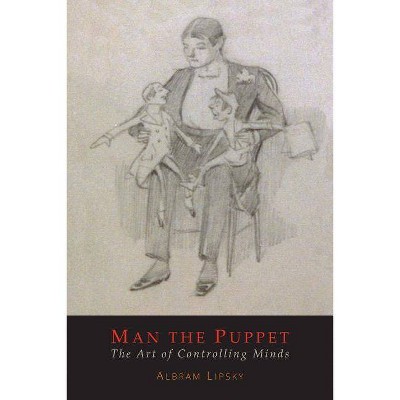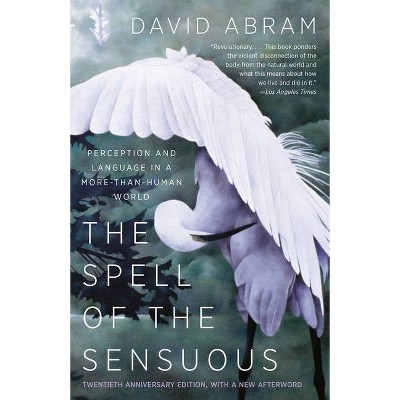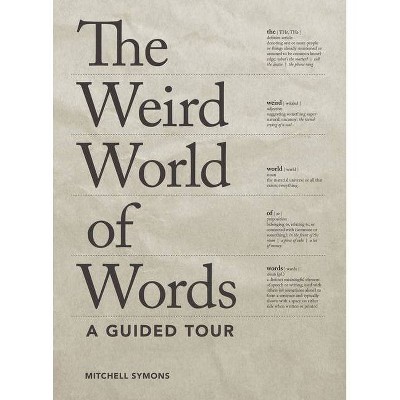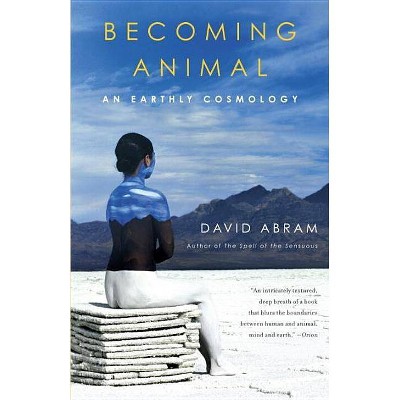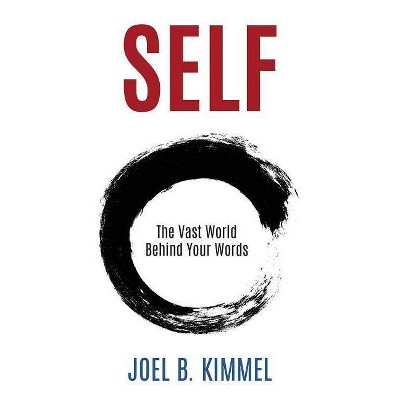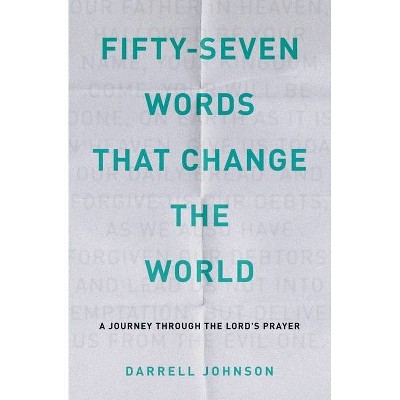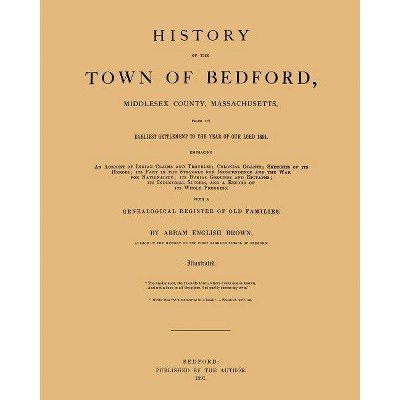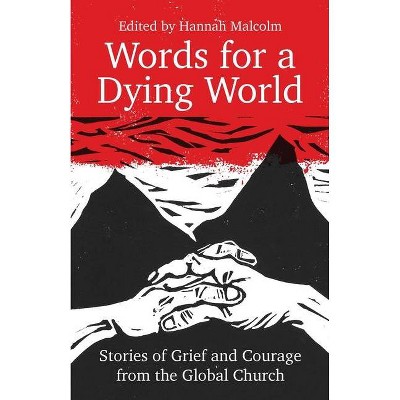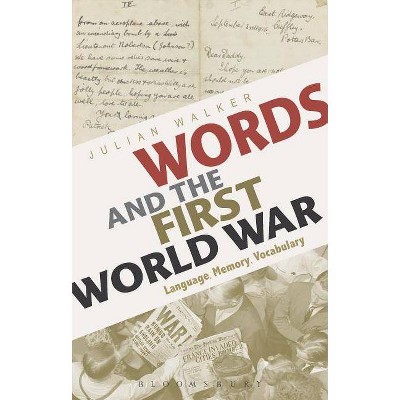Words of the World - by Abram de Swaan (Paperback)
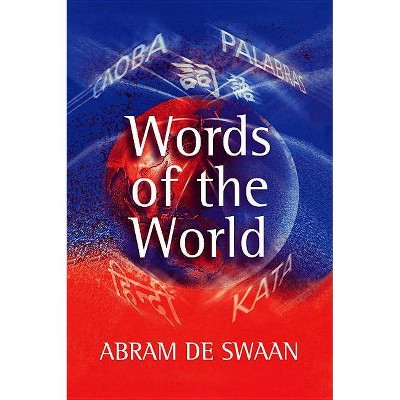
Similar Products
Products of same category from the store
AllProduct info
<p/><br></br><p><b> Book Synopsis </b></p></br></br>This bold and accessible study of human languages and communication explores issues which are at the forefront of today's globalized society. <br /> <br /> <br /> The human species is divided into more than five thousand language groups that do not understand each other. And yet these groups constitute one coherent world language system, connected by multilingual speakers in a surprisingly powerful way. The chances of a language thriving depend on its position in the system. There are thousands of small, peripheral languages, each connected to one of a hundred central languages. The entire system is held together by one global language: English. A language is a 'hypercollective' good: the more speakers it has, the higher its communication value for each one of them. Thus, when people think that a language is gaining new speakers, that in itself is a reason for them to want to learn it too. That is why, in an age of globalization, only a few languages remain for transnational communication and these often prevail even in national societies. <br /> <br /> <br /> This important book discusses a number of specific constellations in detail: India, Indonesia, Sub-Saharan Africa, South Africa and the European Union. De Swaan concludes by providing a sober but illuminating view of language policy in multilingual societies. This book will be essential reading for those studying sociology, communication studies and linguistics.<p/><br></br><p><b> From the Back Cover </b></p></br></br>This bold and accessible study of human languages and communication explores issues which are at the forefront of today's globalized society. <br /> <p>The human species is divided into more than five thousand language groups that do not understand each other. And yet these groups constitute one coherent world language system, connected by multilingual speakers in a surprisingly powerful way. The chances of a language thriving depend on its position in the system. There are thousands of small, peripheral languages, each connected to one of a hundred central languages. The entire system is held together by one global language: English. A language is a 'hypercollective' good: the more speakers it has, the higher its communication value for each one of them. Thus, when people think that a language is gaining new speakers, that in itself is a reason for them to want to learn it too. That is why, in an age of globalization, only a few languages remain for transnational communication and these often prevail even in national societies.<br /> </p> <p>This important book discusses a number of specific constellations in detail: India, Indonesia, Sub-Saharan Africa, South Africa and the European Union. De Swaan concludes by providing a sober but illuminating view of language policy in multilingual societies. This book will be essential reading for those studying sociology, communication studies and linguistics.</p><p/><br></br><p><b> Review Quotes </b></p></br></br><br>Abram de Swaan is the world's leading political sociologist of language. He has a profound knowledge of the complex history interlinking states and languages and an equally acute understanding of individual incentives to learn languages. Here he applies his insights and methods - with surprising results -- to globalization and its implications for the survival of world languages. <i>Words of the World</i> is both a pleasure to read and a remarkable contribution to political sociology. <i>Professor David Laitin, Stanford University</i><br /> <p><i></i>...de Swaan's view is original and rich to the extent that it sheds new light on this problem...De Swaan's analysis is definitely new and fruitful for an understanding of the relations of power and language <i>Anais Bokobza, European University Institute, Florence, Italy</i><br /> </p> <p>De Swaan's study is an impressive <i>tour de force</i>; it presents an original and refreshing social science perspective, is rich in empirical detail, rigorous in its theoretical elaboration, and written in an elegant and accessible style: a path-breaking study of language change and human communication in an age of globalisation. <i>Johan Heilbron, Multilingual Matters</i><br /> </p> <p>...this book is an important contribution to our understanding of the relationship among languages of the world in the era of globalisation. It is a good addition to the growing body of texts used in increasingly popular courses on 'World English(es)'. <i>Alamin Mazuri, The Ohio State University, USA</i></p><br><p/><br></br><p><b> About the Author </b></p></br></br><b>Abram de Swaan</b> is Chairman of the Amsterdam School of Social Research (ASSR) at the University of Amsterdam.
Price History
Price Archive shows prices from various stores, lets you see history and find the cheapest. There is no actual sale on the website. For all support, inquiry and suggestion messagescommunication@pricearchive.us
